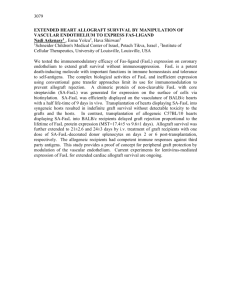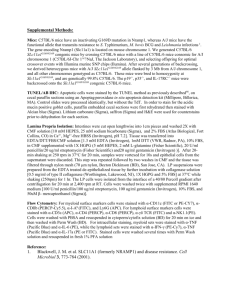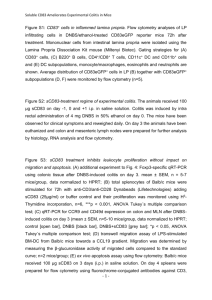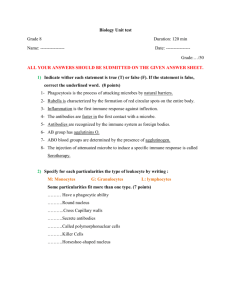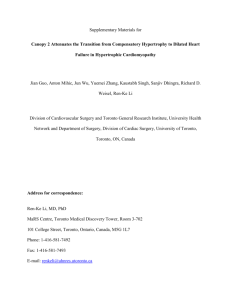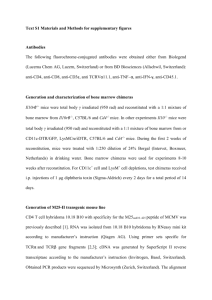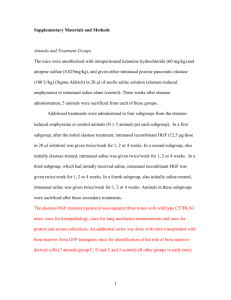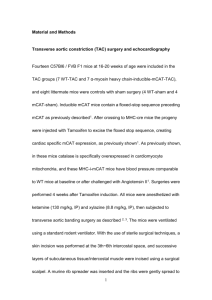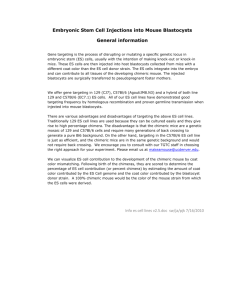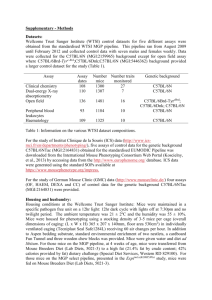deletion of cd98 in mouse lymphocytes results in cardiac allografts
advertisement
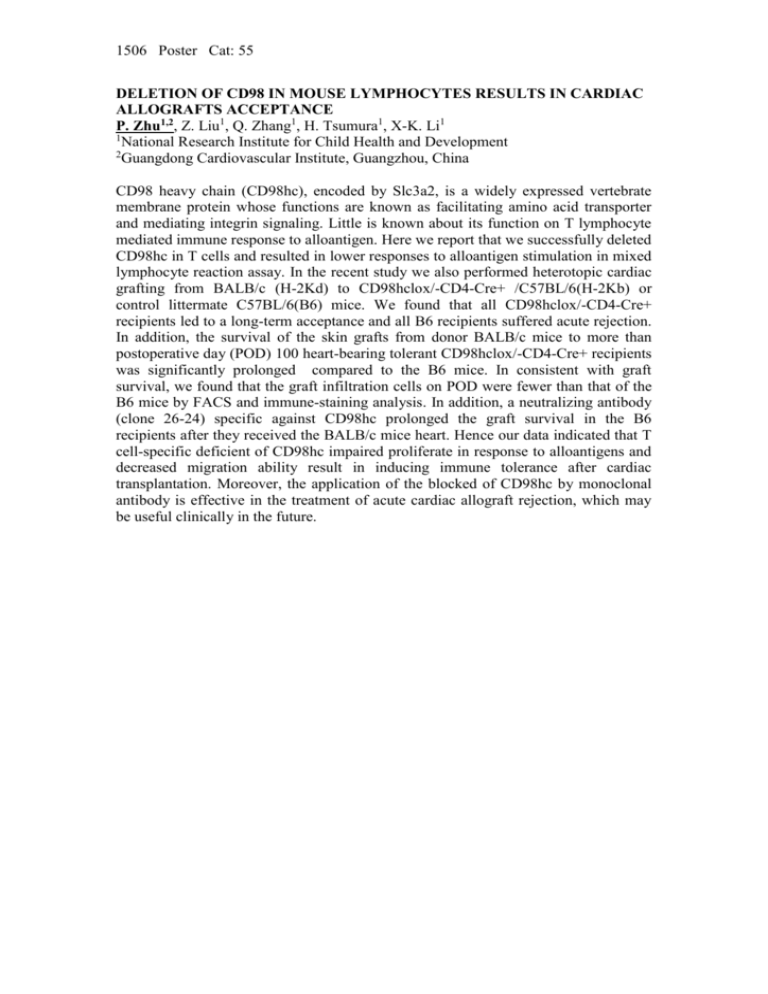
1506 Poster Cat: 55 DELETION OF CD98 IN MOUSE LYMPHOCYTES RESULTS IN CARDIAC ALLOGRAFTS ACCEPTANCE P. Zhu1,2, Z. Liu1, Q. Zhang1, H. Tsumura1, X-K. Li1 1 National Research Institute for Child Health and Development 2 Guangdong Cardiovascular Institute, Guangzhou, China CD98 heavy chain (CD98hc), encoded by Slc3a2, is a widely expressed vertebrate membrane protein whose functions are known as facilitating amino acid transporter and mediating integrin signaling. Little is known about its function on T lymphocyte mediated immune response to alloantigen. Here we report that we successfully deleted CD98hc in T cells and resulted in lower responses to alloantigen stimulation in mixed lymphocyte reaction assay. In the recent study we also performed heterotopic cardiac grafting from BALB/c (H-2Kd) to CD98hclox/-CD4-Cre+ /C57BL/6(H-2Kb) or control littermate C57BL/6(B6) mice. We found that all CD98hclox/-CD4-Cre+ recipients led to a long-term acceptance and all B6 recipients suffered acute rejection. In addition, the survival of the skin grafts from donor BALB/c mice to more than postoperative day (POD) 100 heart-bearing tolerant CD98hclox/-CD4-Cre+ recipients was significantly prolonged compared to the B6 mice. In consistent with graft survival, we found that the graft infiltration cells on POD were fewer than that of the B6 mice by FACS and immune-staining analysis. In addition, a neutralizing antibody (clone 26-24) specific against CD98hc prolonged the graft survival in the B6 recipients after they received the BALB/c mice heart. Hence our data indicated that T cell-specific deficient of CD98hc impaired proliferate in response to alloantigens and decreased migration ability result in inducing immune tolerance after cardiac transplantation. Moreover, the application of the blocked of CD98hc by monoclonal antibody is effective in the treatment of acute cardiac allograft rejection, which may be useful clinically in the future.
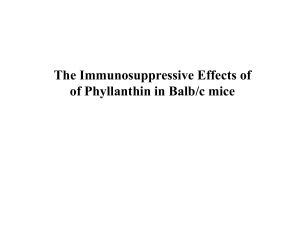
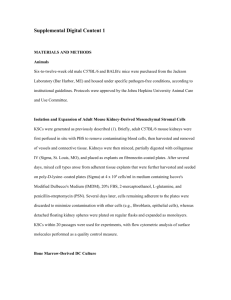
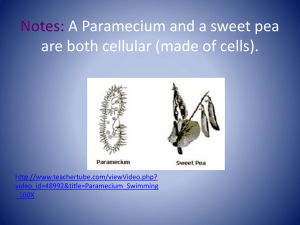
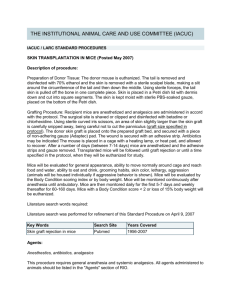
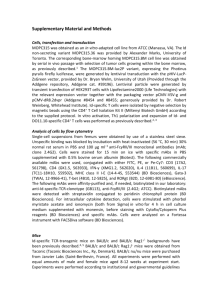
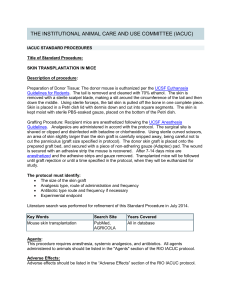
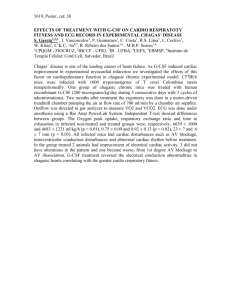
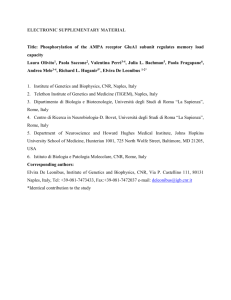
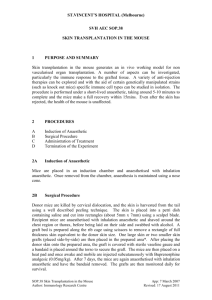
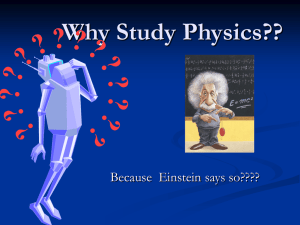
![Historical_politcal_background_(intro)[1]](http://s2.studylib.net/store/data/005222460_1-479b8dcb7799e13bea2e28f4fa4bf82a-300x300.png)
